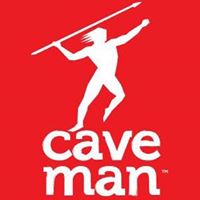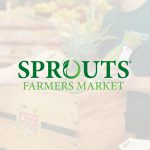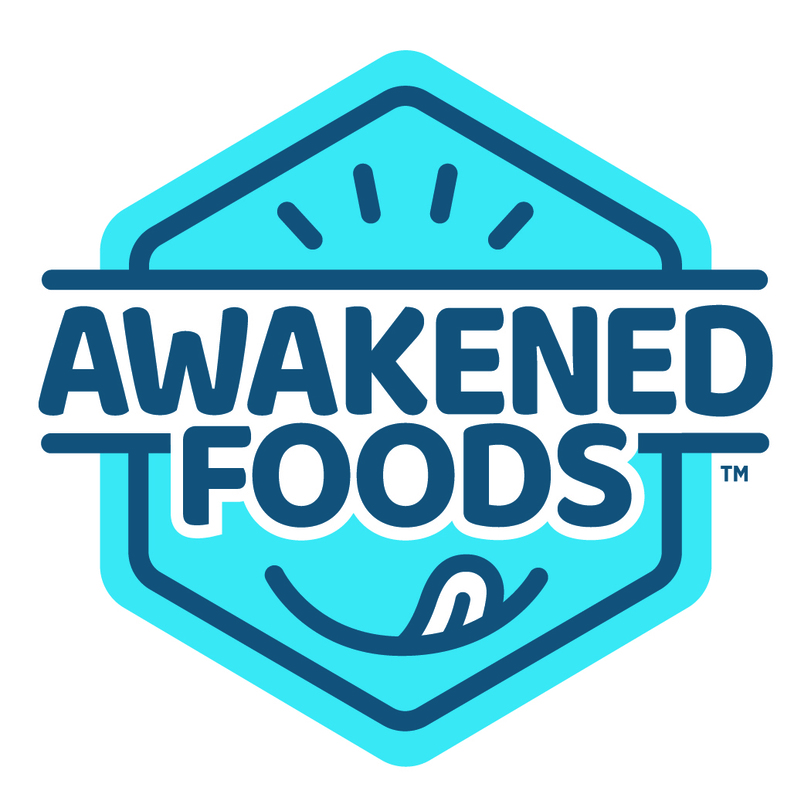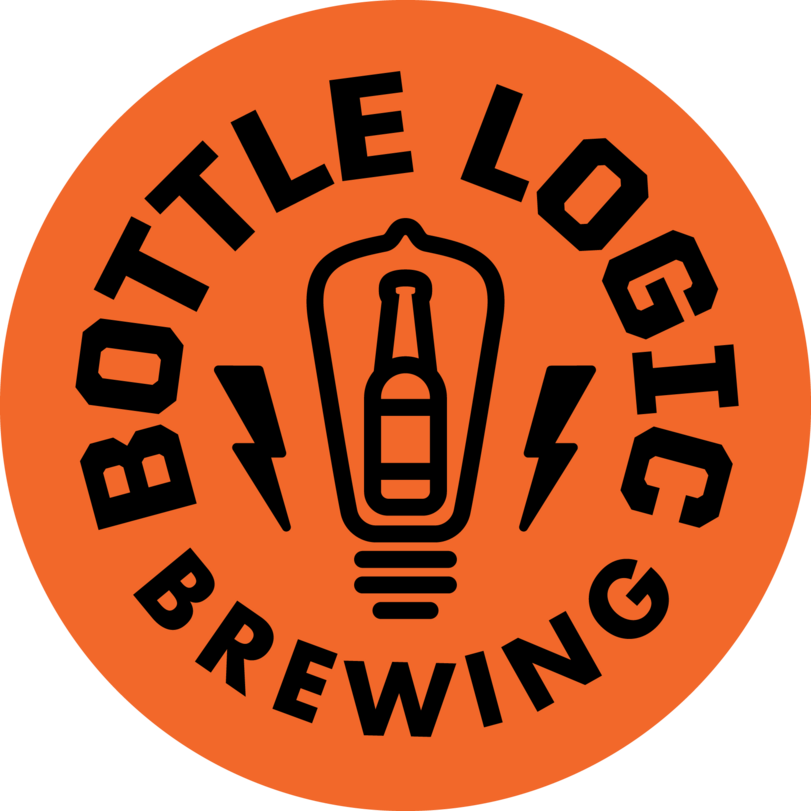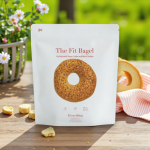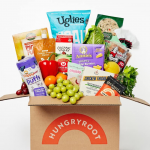The Caveman Evolves: Moosehead Brands & Beanfields Aim To Reignite Paleo In CPG
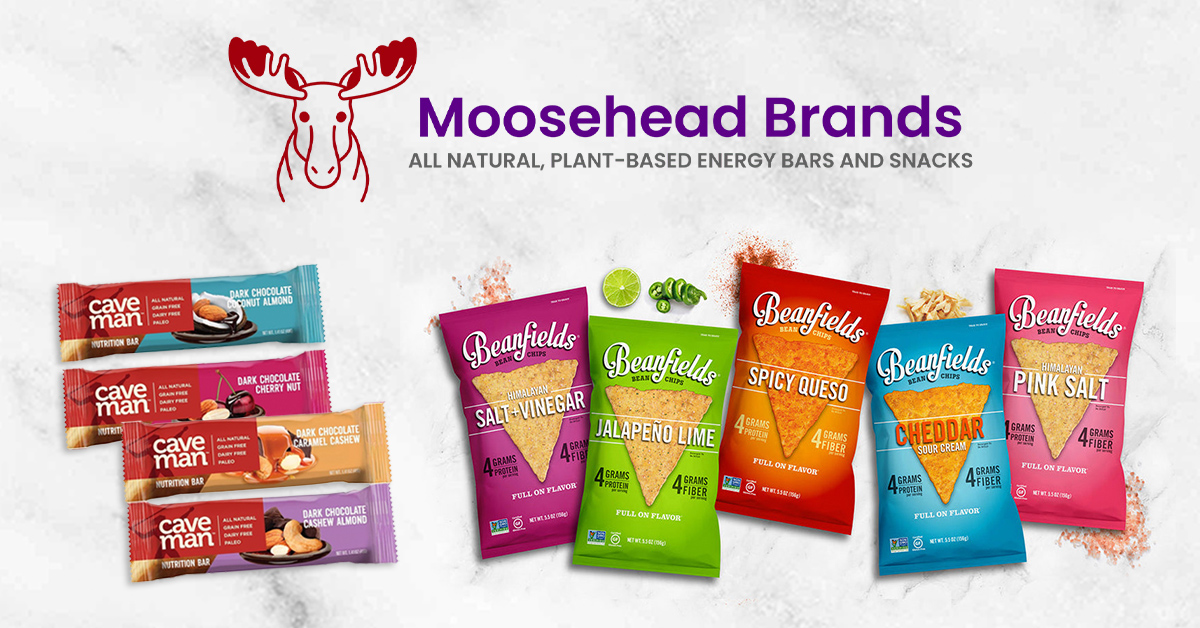
When Damon Levy joined Caveman Foods as a senior director in 2019, consumer interest in following a paleo diet was past its peak. But alongside Caveman founder Chris Running, Levy recognized an opportunity to harness paleo’s essential tenets, such as low sugar, limited ingredients and minimally processed foods, and redefine the brand within “a bigger niche.”
“The way people are eating more and more is actually paleo,” said Levy. “What they don’t call it is paleo… But the general principles of the caveman diet and paleo is actually, excuse the pun, an evolution of how people eat now.”
Fast forward to the present and Levy is one year into his tenure as Caveman’s CEO and also heads up its new parent organization Moosehead Brands. In pursuit of that bigger niche, Levy and Running, the latter of whom is a serial entrepreneur and co-founder of Muscle Milk maker Cytosport, intend to build out a platform to support “great brands” that may have struggled due to the current investment climate.
“We came up with this hypothesis pretty quickly – a lot of really great products out there are failing not because of the product, but because they got used to a financing environment that no longer exists and they’re stuck,” Levy explained. “They hit the down market at the wrong time from a fundraising standpoint.”
Bringing Back Beanfields
That directive led the duo to Beanfields.
Earlier this month, Moosehead announced it is relaunching the plant-based tortilla chip brand in the U.S. after acquiring a license to produce and sell the products from Canadian parent company Boosh.
The partnership is housed under Moosehead’s Simple Yummy Chips LLC, with Boosh to receive a 7% royalty on the cost of goods sold. Boosh will also provide Moosehead with a line of credit up to $1 million intended to help get production and account payables up and running.
Otherwise, it will be business as usual for Beanfields. All aspects of the brand will remain the same, including packaging and formulation, and will be manufactured by most of its original co-manufacturing partners, Levy said.
“We aren’t making internal changes; we just believe that the brand needs TLC,” he emphasized.
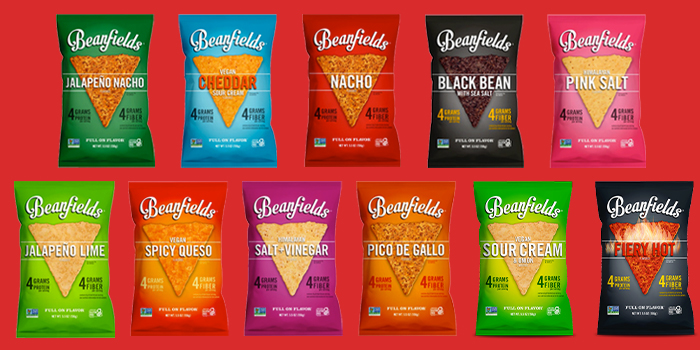
Boosh acquired Beanfields in 2019 after it had undergone numerous stops and starts and was eventually led through a transformation under the leadership of former CEO Arnulfo Ventura. After Boosh took over, it struggled to allocate enough resources to manage production and distribution for the brand, a challenge which compelled the brand to explore alternative ways to continue running the business, Levy explained.
Those conditions made Beanfields’ business an ideal fit for Moosehead. In Levy’s eyes, the whitespace Beanfields plays in as a clean ingredient, bean-based tortilla chip also made it an attractive investment, noting that its only close competitor, Beanitos, sells chips with a very different taste and texture. He explained that differentiation, coupled with the brand’s fervent fanbase, helped officially seal the deal.
“The reason that we did it at the end of the day was, leading up to the deal, I started to talk to people and do my own research on [the brand] and people [said] ‘where’s it been? I love that brand,’” Levy recounted. “Immediately when we took over and got access to social media and Instagram, there’d be random [direct messages] from people saying, ‘Hey, when are you guys gonna be back in stock?’”
Levy believes those interactions speak volumes to Beanfield’s staying power in the market. Now that it has manufacturing agreements in place, the team is focused on rebuilding its retail distribution footprint in the U.S. The products have been sporadically available in stores under Boosh, but have been largely unavailable online for nearly a year.
“It’s a chip brand and so it belongs in retail – as hard as retail is for salty snacks,” Levy said. “It’s a retail brand [but] we will build up e-commerce as well because that’s my background. I do think that you need to be omni-channel in order to succeed these days.”
At one point, the company also produced pork rind and puffed snack products, but those offerings have since been discontinued in favor of its 8-SKU line of bean chips in flavors ranging from Nacho to Vegan Cheddar. Levy noted no final decisions have been made on the products’ eventual return.
How Caveman Foods Fits With Bean-Based Chips
As for Caveman Foods, it’s also looking to rebuild for a modern consumer with a significantly reduced product range.
The brand still produces three bar lines – nutrition, protein and collagen – and Levy said it is toying with the idea of bringing back its meat snack products. At one point Caveman’s portfolio also spanned granola and coffee products.
Caveman’s priority now is to evolve the brand in line with current consumer interests, Levy emphasized. The packaging has already been reevaluated to place the paleo callout within the same hierarchy as the bar product’s other tenets like “all natural,” “grain free” and “dairy free.” He believes there is an opportunity to refresh its position even further through consumer research-backed innovation.
“Who is the consumer we’re going after with this, and what is it that they’re looking for? And from an innovation standpoint… where does caveman fit in that?” Levy explained. “We’re not going be everything to everybody. We’re still a brand that has a unique name, but we think that there’s a good number of people that we can target.”
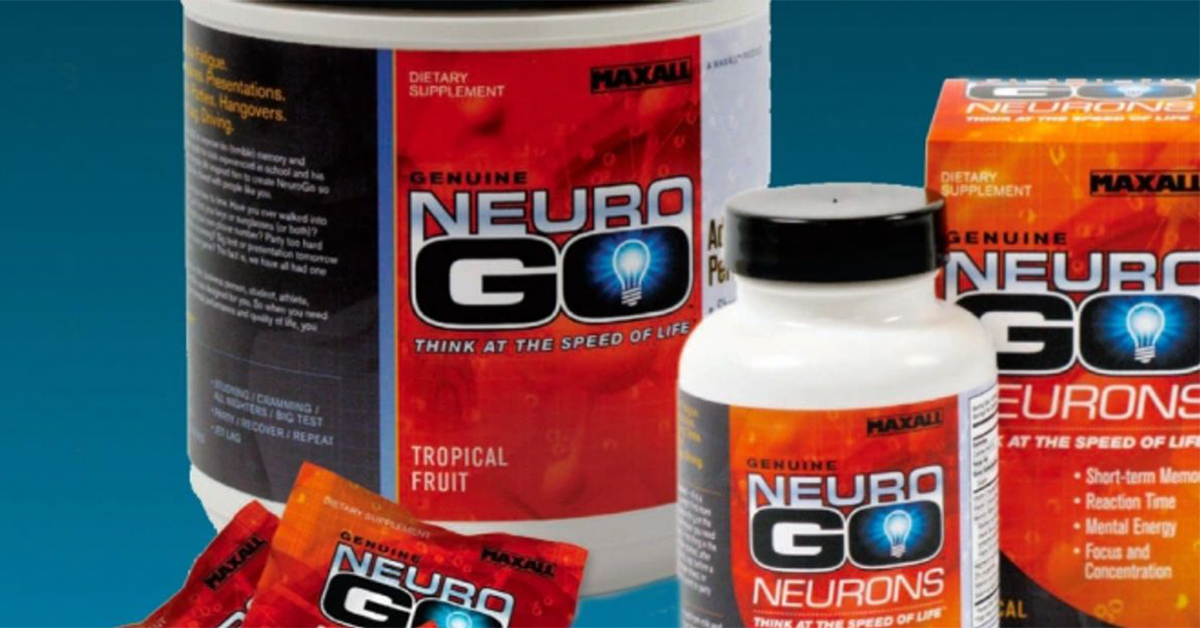
What’s Next for Moosehead?
In addition to Beanfields and Caveman, Moosehead also houses a third brand – NeuroGo – that Levy said was developed by Running “a while back” but has yet to reach the market. The mental performance supplement brand’s position diverges a bit from its already commercialized, natural food-leaning portfolio companions. Now with this new platform he is taking the opportunity and shared resources to bring the nootropic supplements and powders to consumers.
At the moment, all brands under Moosehead are being run by Caveman’s original team as well as a handful of “outside fractional professionals” to fill gaps where needed. Levy said he intends to maintain that small team, continue sharing resources between brands and remain “nimble from a G&A standpoint” so that the platform can scale easily. That strategy will remain in place until Moosehead reaches a financial position where it can invest in professionals it can employ “for long periods of time.”
“The big thing is – it’s a comeback story, and hopefully we can deliver on that,” said Levy. “At the end of the day, [Beanfields is] a brand that deserves to be out there.”

